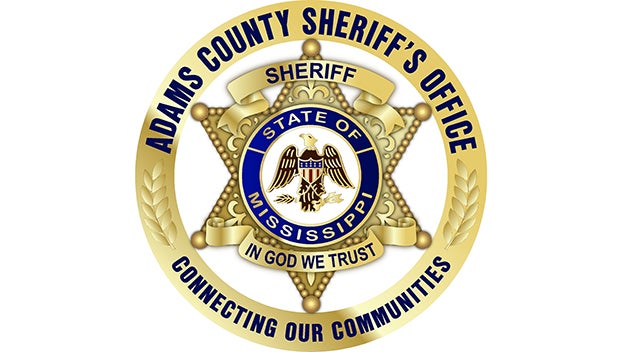Natchez Historical Society funds marker honoring Prince Ibrahima
Published 3:46 pm Wednesday, October 16, 2024
|
Getting your Trinity Audio player ready...
|
NATCHEZ – The Natchez Historical Society has made it possible for Prince Abdul Rahman Ibrahima Sori (1762-1829) to be honored with his own historical marker.
On Monday, Oct. 14, the society’s board members approved a donation of $3,420 that will cover the cost of the marker, which will be acquired through the Mississippi Department of Archives and History. The total cost includes $2,670 for the marker and post, plus an additional $750 for a sign underneath that reads, “Sponsored by the Natchez Historical Society.”
Karen Hill, the society’s president, said she is very pleased with the board’s decision.
“I am proud of the Natchez Historical Society,” she said, adding the donation is important for many reasons. “I’m happy that our gift will help to ensure that the legacy of Prince Ibrahima will be honored and shared for years to come.”
Ibrahima’s story is told in Dr. Terry Alford’s book, “Prince Among Slaves: The True Story of an African Prince Sold into Slavery in the American South” (Oxford University Press, 1977). Alford welcomed the news about the funding.
“Kudos to the Natchez Historical Society and to Dr. Roscoe Barnes III, Visit Natchez’s cultural heritage and tourism manager, for this exciting news,” he said. “The diverse history of our area’s exceptional people is well-served by this worthy step.”
The marker will be a first for the Natchez-Adams County area that pays tribute to the African prince who spent 40 years enslaved on Thomas Foster’s plantation near Washington. His story has been widely known and publicized for decades.
“I feel this marker will give recognition to the man and his skills utilized in the productivity of the Natchez District, which helped to build its wealth,” said Bobby Dennis, director of NAPAC Museum and new board member of the society. “The knowledge of an enslaved man or woman is rarely discussed, only the productivity of the enslaved slave who an owner led.”
In addition to Dennis and Hill, the society’s board members who approved the donation include Daye Dearing, Al King, Virginia Benoist, Adam Gwinn, and Roscoe Barnes III.
Dr. Artemus W. Gaye, a seventh generation descendant of the prince, said he and his family were excited to learn about the donation.
“The responsibility or obligation of the living and the community is never to forget the past and the ancestors whose footprints we are walking in the here and now,” he said. “After 240 years since Prince Abdul Rahman and his trusted friend, Samba, walked the paths of their enslavement in Natchez and Washington, the onus is now on us to always remember their legacies and the society they built within their own constrained limitations. This historic marker in essence is a testimonial of this great effort to reconcile and remember!”
Gaye is the author of “Dr. Isabella Rahman and the African Prince of Fouta Djallon” (Forte Publishing International, 2023).
Beverly Adams is a descendant of Prince Ibrahima. She lives in Natchez.
“Abdul-Rahman Ibrahima was a man who exhibited outstanding character in the face of the most appalling circumstances of a cruel and unjust society that perpetuated the Atlantic slave trade. He was among millions of human beings who were treated like animals; whipped and chained; robbed of their lives: families, homes, religion and culture. As weighty and indignant as the slave trade was, we must acknowledge it and learn from that brutal time in history, thus, let not our ancestors be forgotten. Hitherto, I pray that we learn to have love and respect for everyone.”
Once the application for the marker is approved and processed, it will be delivered around August 2025. An unveiling ceremony will be planned around that time or later.
The marker will be posted near Historic Jefferson College and Highway 61, a site that played a significant role in Ibrahima’s life. It was in this area in Washington that Ibrahima recognized Dr. John Coats Cox in 1807 at the market place. Cox, an Irishman, had sailed to West Africa in 1781. After going ashore, he became lost and later collapsed. He was rescued by the Fulani people and taken to Timbo, where Ibrahima’s father cared for him until his health was restored.
After Ibrahima and Cox recognized each other at the market in Mississippi, the doctor tried for many years to buy his freedom. However, Foster refused to sell him. Cox died in December 1816. The story of their chance meeting near Natchez became widely known.








